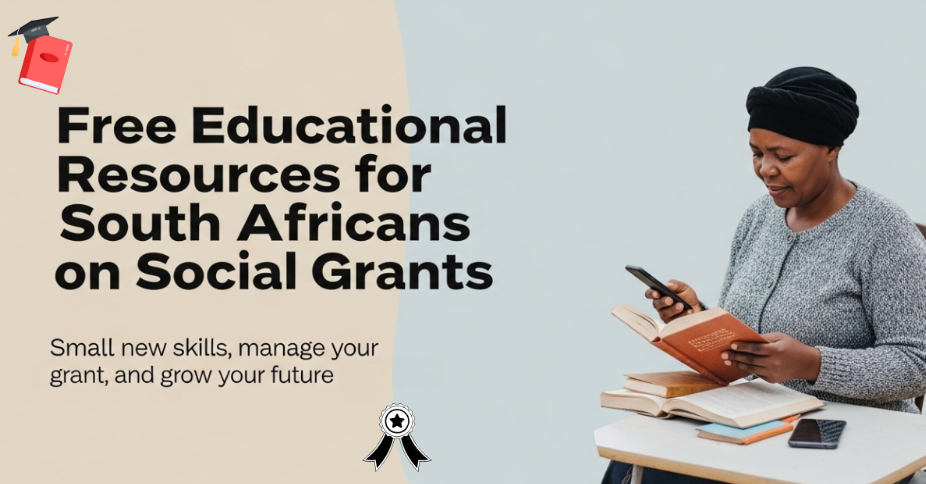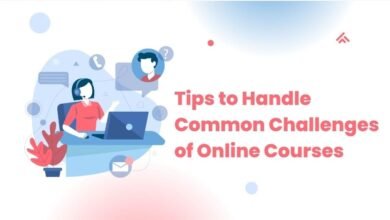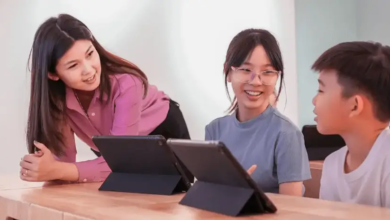
Free Educational Resources for South Africans Living on Social Grants
Did you know that over 18 million South Africans rely on social grants? That is nearly a third of our country’s people. And while those grants help put food on the table, getting access to good education can still be a real struggle. I’ve seen it that many folks face hurdles like tight finances, dodgy internet, and just not knowing where to find free learning tools.
Thing is, there’s actually loads of free educational stuff out there if you know where to look. In this article I’ll point you in the right direction, whether you are hoping to manage your money better, upskill for a job, or just pick up a new hobby.
Why Educational Resources Matter for Social Grant Beneficiaries
Let’s be real, surviving on a social grant alone is not easy. That’s why free resources can be a total lifesaver. They are not just about facts and figures; they can open doors and build confidence.
A few good reasons to start exploring them:
- Grow as a person: New skills boost your self-esteem.
- Improve job chances: Learn a trade, build a CV, or start a side hustle.
- Handle your money better: Plenty of free guides can teach you how to budget and save.
- Lift up your community: One person’s knowledge can benefit many.
Ever felt like you’re stuck in one place? These resources could be your way out.
See also: How Technology Is Revolutionizing Traditional Education
Types of Free Educational Resources Available in South Africa
Free Online Learning Platforms
If you’ve got access to the internet even if it’s at a local library or a friend’s house then there’s a whole world of learning waiting for you.
Some top picks:
- Coursera: You can get free courses from universities worldwide.
- Udemy Free Courses: Courses created by individual and institutes ranging from cooking to coding.
- OpenLearn: Free content from the Open University.
- SA E-learning Portals: Government-supported options for both kids and adults.
Free Ebooks and Downloadable Guides
Books don’t need to break the bank. In fact, you can find thousands online for nothing.
Check these out:
- FreeBookSpot: All sorts of free ebooks.
- Project Gutenberg: Over 60,000 classic books.
- National Library of South Africa: Digital books and community reading programmes.
Government and NGO Support Materials
Government departments and local non-profits dish out free guides covering everything from job hunting to knowing your legal rights. Look for them at clinics, SASSA offices, and community centres.
Training Programs
Learning a new skill or trade can make a big difference.
- SETA (Sector Education and Training Authority): Accredited courses for different industries.
- National Skills Development Corporation (NSDC): Workshops and short courses.
Usually, you’ll need a valid ID, and sometimes proof of your grant. Requirements can differ, so double-check before you apply.
How to Track and Manage Your Grant Status Online
You might be using your grant money to support your education so it is important to be updated that when it will arrive in your account. Grant payments can be a bit unpredictable at times. One month it’s there, the next it’s delayed. That’s why it is so important to stay in the loop.
Here’s what you should do:
- Use official tools to check your payment status.
- Keep your contact and banking details up to date.
The easiest way to monitor your payment dates and application results is through the sassa status checker available online. It saves you a trip to the office and spares you those long queues.
Managing Your SASSA Account Online
Digital literacy starts with understanding your benefits. Learning to manage your account online opens doors to other educational resources and services that require basic computer skills. A lot of folks don’t realise how simple it is to manage their grant details online. It’s one of those things that sounds tricky but isn’t once you give it a go.
You can:
- Track applications.
- Change your personal or banking details in SASSA application.
- Sort out issues without visiting a SASSA branch.
Trust me, it’ll save you stress down the line.
Top Free Resources for Personal Development and Job Skills
Free Career Readiness Programs
Whether you’re job hunting for the first time or just need a little extra help, there are free tools out there. Think CV templates, interview practice tips, and career workshops hosted at libraries or online.
Basic Computer Literacy Courses
In today’s world, you kinda have to know your way around a computer.
Great free options:
- Microsoft Digital Literacy: Learn the basics.
- Google Skills for Africa: Digital marketing, career dev, and more.
Life Skills and Community Learning Programs
Many local NGOs and community groups offer free sessions on all sorts of things — parenting, health, small business tips, you name it. Watch out for flyers at clinics and notices on Facebook community pages.
How to Get Started with These Resources Today
Feeling a bit overwhelmed? Don’t be. Getting started is easier than you think.
A quick guide:
- Pick something you’re keen to learn.
- Find a free, trusted resource.
- Set a small goal. Maybe it’s reading one ebook or completing a short course.
- Track your progress. Use a notebook, calendar, or phone app.
- Stick with it. Even 10 minutes a day can add up.
Loads of people have levelled up their skills this way — why not you?
Conclusion
Learning is nott just for the young or the rich. It’s for anyone who wants it. Even if you rely on a social grant, free educational resources are out there, waiting for you. Use them to boost your confidence, pick up new skills, and handle your finances better.
It’s never too late to learn. Start small, keep going, and see where it takes you. Honestly, you might surprise yourself.




